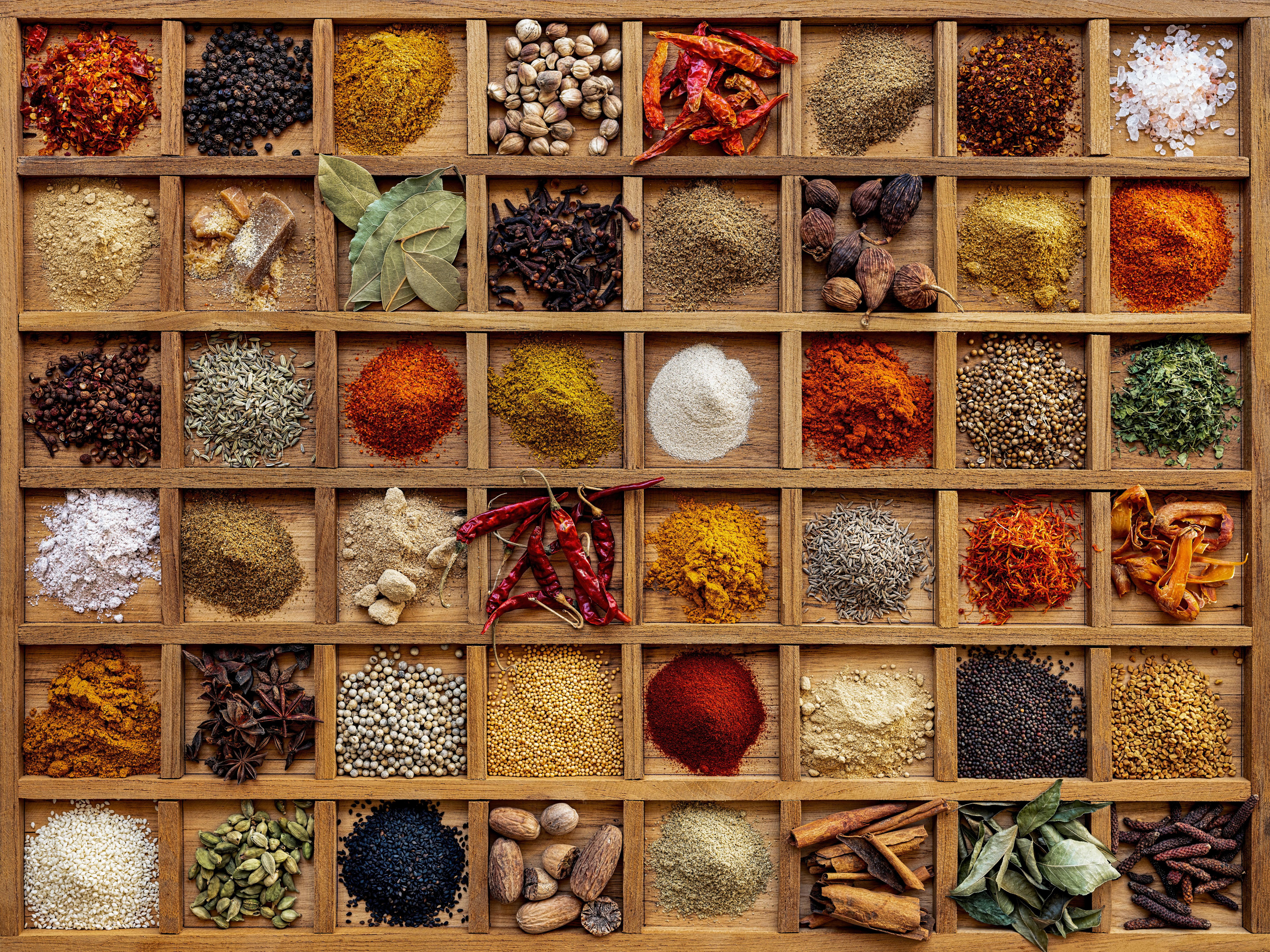Chicken Tikka Masala: A Global Culinary Icon
Origins of Chicken Tikka Masala
Chicken Tikka Masala is often celebrated as a quintessential dish that represents the fusion of Indian culinary tradition with global tastes. Despite its widespread popularity, the exact origins of this dish remain a topic of debate. Some trace its roots back to the Indian subcontinent, while others claim it was invented in the UK by South Asian chefs who adapted traditional recipes to suit local palates.

What is undeniable, however, is that Chicken Tikka Masala has become a symbol of cultural integration. The dish typically consists of roasted marinated chicken chunks enveloped in a rich, creamy tomato-based sauce, combining a variety of spices like cumin, coriander, and garam masala.
The Culinary Journey
The journey of Chicken Tikka Masala from regional specialty to international favorite is fascinating. The dish gained prominence in the UK during the 1970s, and it quickly became a staple in Indian restaurants across the country. Its appeal lies in its ability to balance bold flavors with a creamy texture, making it accessible to a wide audience.
As British cuisine began to embrace multicultural influences, Chicken Tikka Masala was hailed as the nation's favorite dish, even earning the title of "Britain's true national dish" by some culinary experts.
Ingredients and Preparation
Creating the perfect Chicken Tikka Masala requires a harmonious blend of spices and ingredients. Here’s a basic list of what you’ll need:
- Boneless chicken pieces
- Yogurt for marination
- Spices such as cumin, coriander, turmeric, and garam masala
- Tomato puree or fresh tomatoes
- Cream or coconut milk for richness
- Onions and garlic for depth of flavor

The chicken is first marinated in a mixture of yogurt and spices, then roasted or grilled to perfection. The sauce is prepared separately, using tomatoes and cream, before the cooked chicken is added to create the final dish.
Global Variations
As Chicken Tikka Masala has spread across the globe, several regional variations have emerged. In some places, chefs experiment by adding local ingredients or altering the spice levels to suit local tastes. For example, in the United States, the dish might incorporate more cream or butter to enhance its richness.
In contrast, some Asian countries might opt for a spicier version, adding additional chili peppers or using coconut milk instead of cream for a distinct twist. This adaptability showcases the dish’s versatility and universal appeal.

The Cultural Impact
The popularity of Chicken Tikka Masala extends beyond culinary enjoyment; it has also played a role in cultural conversations about immigration and globalization. Its status as a beloved dish in countries like the UK highlights how food can bridge cultural divides and foster mutual appreciation among diverse communities.
In fact, the discourse surrounding Chicken Tikka Masala often serves as an example of how immigrant communities contribute significantly to their adopted countries' cultural landscapes.
A Dish for Every Occasion
Whether served at a festive gathering or enjoyed as a comforting meal at home, Chicken Tikka Masala is versatile enough to suit any occasion. Its ability to be paired with various accompaniments like naan bread or basmati rice makes it an adaptable choice for different dining experiences.
Its enduring popularity around the world is a testament to its deliciousness and cultural significance. From humble beginnings to global fame, Chicken Tikka Masala continues to warm hearts and kitchens worldwide.
